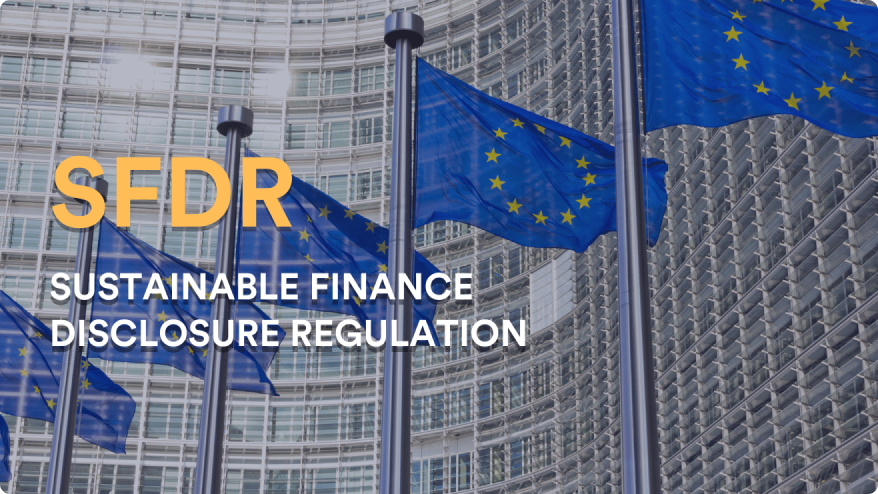Last year, private equity firm the Carlyle Group and pension fund the California Public Employees Retirement System (CalPERS) announced what could become a game changer for the private equity industry. The ESG Data Convergence Initiative, or EDCI, seeks to standardize ESG reporting for general partners (GPs) by creating a single framework for them to follow. The aim is to generate a critical mass of comparable information on how GPs’ portfolio companies are performing on ESG relative to each other, as well as to promote greater reporting transparency for limited partners (LPs). The data will be aggregated into an anonymized benchmark by the Boston Consulting Group (BCG).
Thus far, 59 leading LPs and 121 GPs have agreed to participate in the project, or perhaps what at this point one can termed an experiment, that together represent over $8 trillion in assets under management.








